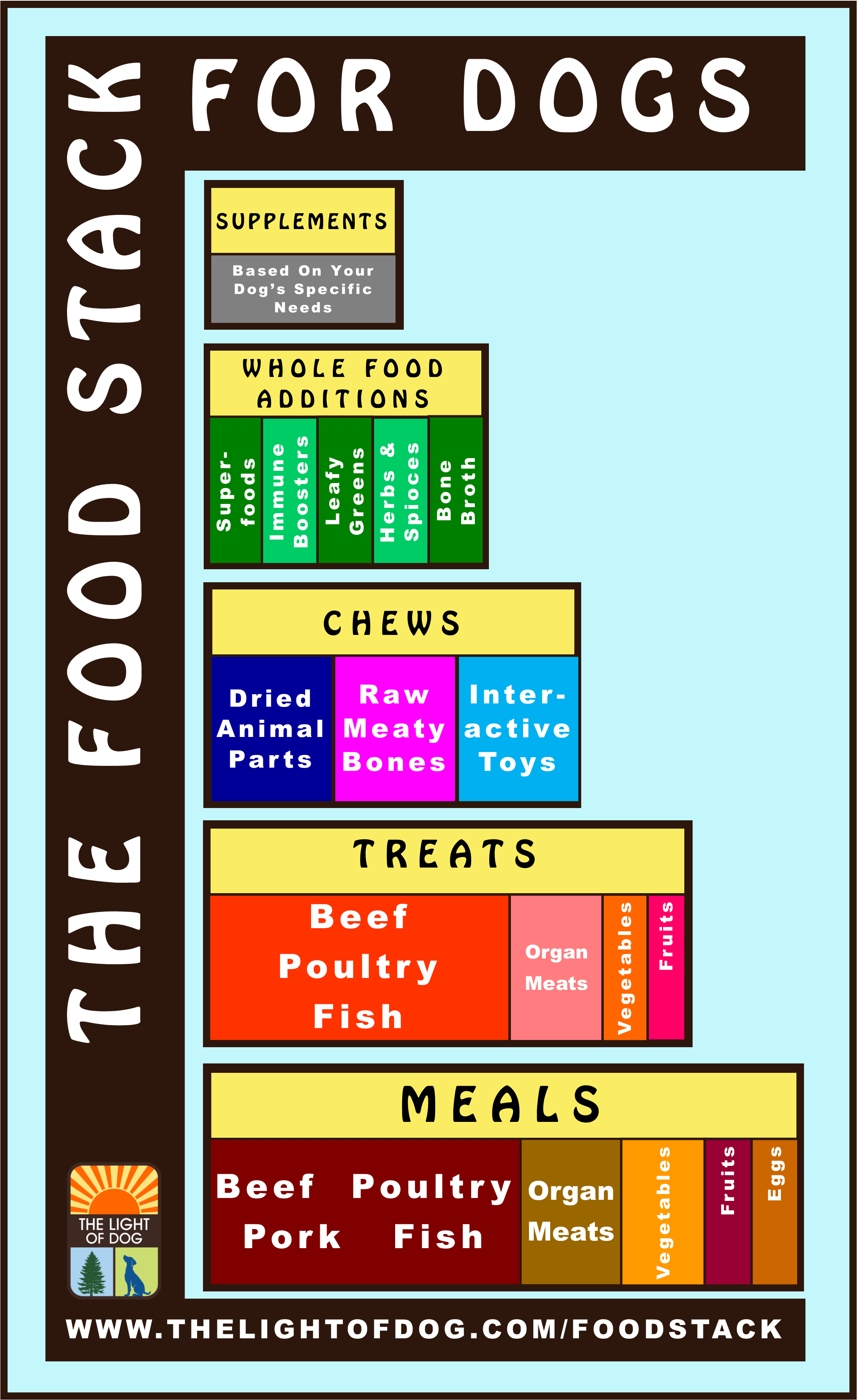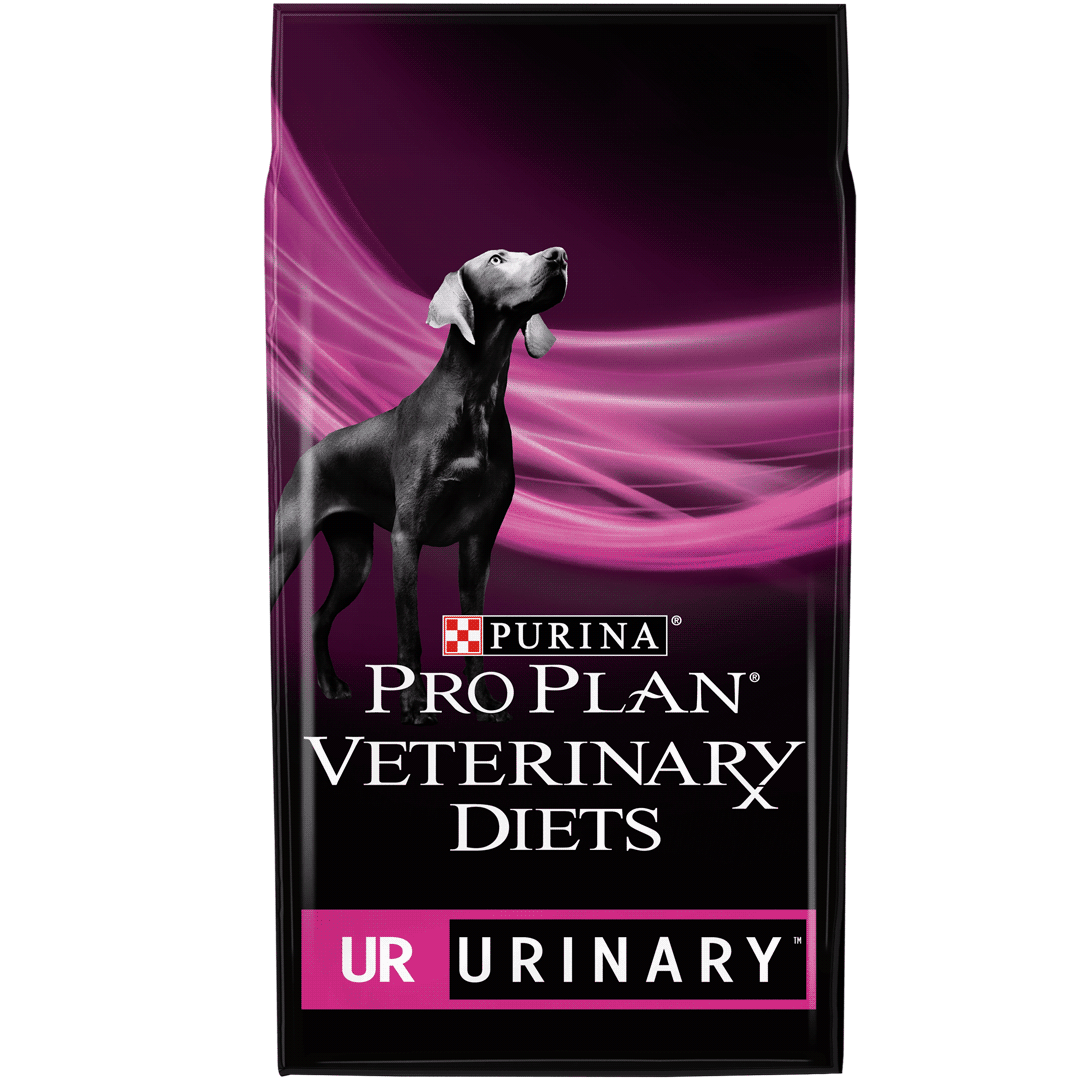The Ultimate Guide To Veterinary Dog Food: Nourishing Your Canine With Expert Care
When it comes to your dog's health, choosing the right veterinary dog food can make all the difference. Proper nutrition is essential for maintaining a healthy and active lifestyle for your furry companion. Veterinary dog food is specially formulated to address specific health needs, ensuring your pet receives the nutrients they require to thrive.
As pet owners, we want nothing but the best for our beloved animals. Understanding the importance of veterinary dog food and how it can benefit your dog is crucial in making informed decisions about their dietary needs. This guide will provide you with comprehensive information to help you make the right choice for your dog's nutritional requirements.
In this article, we will explore the world of veterinary dog food, covering everything from its benefits to how to select the best option for your pet. By the end of this guide, you will have a clear understanding of why veterinary dog food is essential and how it can contribute to your dog's overall health and well-being.
Read also:Bad Botox Before And After Understanding The Risks Recovery And Prevention
What Is Veterinary Dog Food?
Veterinary dog food refers to specially formulated diets designed to address specific health conditions or nutritional needs in dogs. Unlike regular commercial dog food, veterinary dog food is developed under the supervision of veterinarians and nutritionists to ensure it meets the precise requirements of dogs with unique health challenges.
These diets are often prescribed by veterinarians to manage conditions such as obesity, kidney disease, urinary tract issues, and food allergies. The ingredients in veterinary dog food are carefully selected to provide the necessary nutrients while avoiding components that may exacerbate health problems.
Key Benefits of Veterinary Dog Food
- Targeted Nutrition: Veterinary dog food is tailored to meet the specific nutritional needs of dogs with health issues.
- Improved Health Outcomes: By addressing underlying health conditions, veterinary diets can lead to better overall health and quality of life for your pet.
- Scientifically Backed Formulations: These diets are developed based on extensive research and clinical trials to ensure effectiveness and safety.
Why Choose Veterinary Dog Food?
Choosing veterinary dog food is an important decision that can significantly impact your pet's health. For dogs with specific health concerns, regular commercial dog food may not provide the necessary nutrients or avoid ingredients that could worsen their condition. Veterinary dog food offers a solution by providing a balanced diet specifically designed to support your dog's unique needs.
Additionally, veterinary dog food is often more digestible and easier on the stomach, making it ideal for dogs with sensitive digestive systems. This can lead to improved digestion, reduced gastrointestinal issues, and better nutrient absorption.
Conditions Addressed by Veterinary Dog Food
- Obesity
- Kidney disease
- Urinary tract issues
- Joint and mobility problems
- Food allergies and sensitivities
How to Select the Right Veterinary Dog Food
Selecting the right veterinary dog food for your pet involves considering several factors, including their specific health condition, age, weight, and activity level. Consulting with your veterinarian is the first step in determining which diet is best suited for your dog's needs.
When evaluating veterinary dog food options, look for products that are backed by scientific research and have a proven track record of effectiveness. Reading reviews and comparing ingredients can also help you make an informed decision.
Read also:Roxy Horner And Leonardo Dicaprio The Untold Story Of Their Connection
Factors to Consider
- Your dog's specific health condition
- Age and weight of your dog
- Activity level and lifestyle
- Ingredients and nutritional content
Understanding the Ingredients in Veterinary Dog Food
The ingredients in veterinary dog food play a crucial role in its effectiveness. High-quality protein sources, such as chicken, fish, or plant-based proteins, are often included to support muscle maintenance and overall health. Additionally, specialized diets may include specific nutrients, such as omega-3 fatty acids for joint health or low-phosphorus formulations for kidney disease.
It's important to avoid fillers and artificial additives that may not provide any nutritional value. Instead, look for products that use natural, whole-food ingredients to ensure your dog receives the best possible nutrition.
Common Ingredients in Veterinary Dog Food
- High-quality protein sources
- Omega-3 fatty acids
- Low-phosphorus formulations
- Natural, whole-food ingredients
The Importance of Consulting a Veterinarian
Before making any changes to your dog's diet, it's essential to consult with a veterinarian. They can provide guidance on the best veterinary dog food options based on your pet's specific health needs and monitor their progress while on the new diet.
Veterinarians can also help you identify any underlying health conditions that may require dietary intervention and ensure that the chosen veterinary dog food is appropriate for your dog's unique situation.
Benefits of Working with a Veterinarian
- Personalized dietary recommendations
- Identification of underlying health conditions
- Ongoing monitoring and adjustment of the diet
Popular Veterinary Dog Food Brands
Several well-known brands offer high-quality veterinary dog food options. These brands are trusted by veterinarians and pet owners alike for their commitment to providing effective and nutritious diets for dogs with specific health needs.
Some of the most popular veterinary dog food brands include Royal Canin, Hill's Prescription Diet, Purina Pro Plan Veterinary Diets, and Blue Buffalo Veterinary Diet. Each of these brands offers a range of specialized diets to address various health conditions and nutritional requirements.
Top Veterinary Dog Food Brands
- Royal Canin
- Hill's Prescription Diet
- Purina Pro Plan Veterinary Diets
- Blue Buffalo Veterinary Diet
Cost Considerations for Veterinary Dog Food
Veterinary dog food can be more expensive than regular commercial dog food due to its specialized formulations and high-quality ingredients. However, the cost is often justified by the benefits it provides in managing health conditions and improving your dog's overall well-being.
Some pet insurance plans may cover the cost of veterinary dog food if it is prescribed by a veterinarian. Additionally, many pet supply stores offer discounts or promotions on veterinary diets, making them more affordable for pet owners.
Tips for Managing Costs
- Look for discounts and promotions
- Check if pet insurance covers the cost
- Compare prices at different retailers
Feeding Guidelines for Veterinary Dog Food
Proper feeding guidelines are essential for ensuring your dog receives the full benefits of their veterinary dog food. Follow the feeding recommendations provided by the manufacturer and your veterinarian to ensure your pet is getting the right amount of food for their size, age, and activity level.
It's also important to monitor your dog's weight and overall health while on the new diet and make adjustments as needed. Regular check-ups with your veterinarian can help ensure your dog is responding well to the dietary changes.
Feeding Tips
- Follow feeding recommendations
- Monitor weight and health
- Adjust as needed
Transitioning to Veterinary Dog Food
When transitioning your dog to a new veterinary diet, it's important to do so gradually to avoid digestive upset. Mix small amounts of the new food with their current diet over a period of 7-10 days, gradually increasing the proportion of the new food until it completely replaces the old diet.
Monitor your dog's response to the new food and consult with your veterinarian if you notice any adverse effects. This gradual transition will help your dog adjust to the new diet and ensure a smooth transition to their new nutritional regimen.
Transitioning Tips
- Gradual introduction over 7-10 days
- Monitor for adverse effects
- Consult with your veterinarian
Conclusion
In conclusion, veterinary dog food plays a vital role in maintaining the health and well-being of dogs with specific nutritional needs. By choosing the right veterinary dog food and following proper feeding guidelines, you can ensure your pet receives the nutrients they need to thrive.
We encourage you to share this article with other pet owners and leave a comment below if you have any questions or experiences to share. Your feedback helps us provide the best possible information to support the health and happiness of our furry friends.
Table of Contents
- What Is Veterinary Dog Food?
- Why Choose Veterinary Dog Food?
- How to Select the Right Veterinary Dog Food
- Understanding the Ingredients in Veterinary Dog Food
- The Importance of Consulting a Veterinarian
- Popular Veterinary Dog Food Brands
- Cost Considerations for Veterinary Dog Food
- Feeding Guidelines for Veterinary Dog Food
- Transitioning to Veterinary Dog Food
- Conclusion


